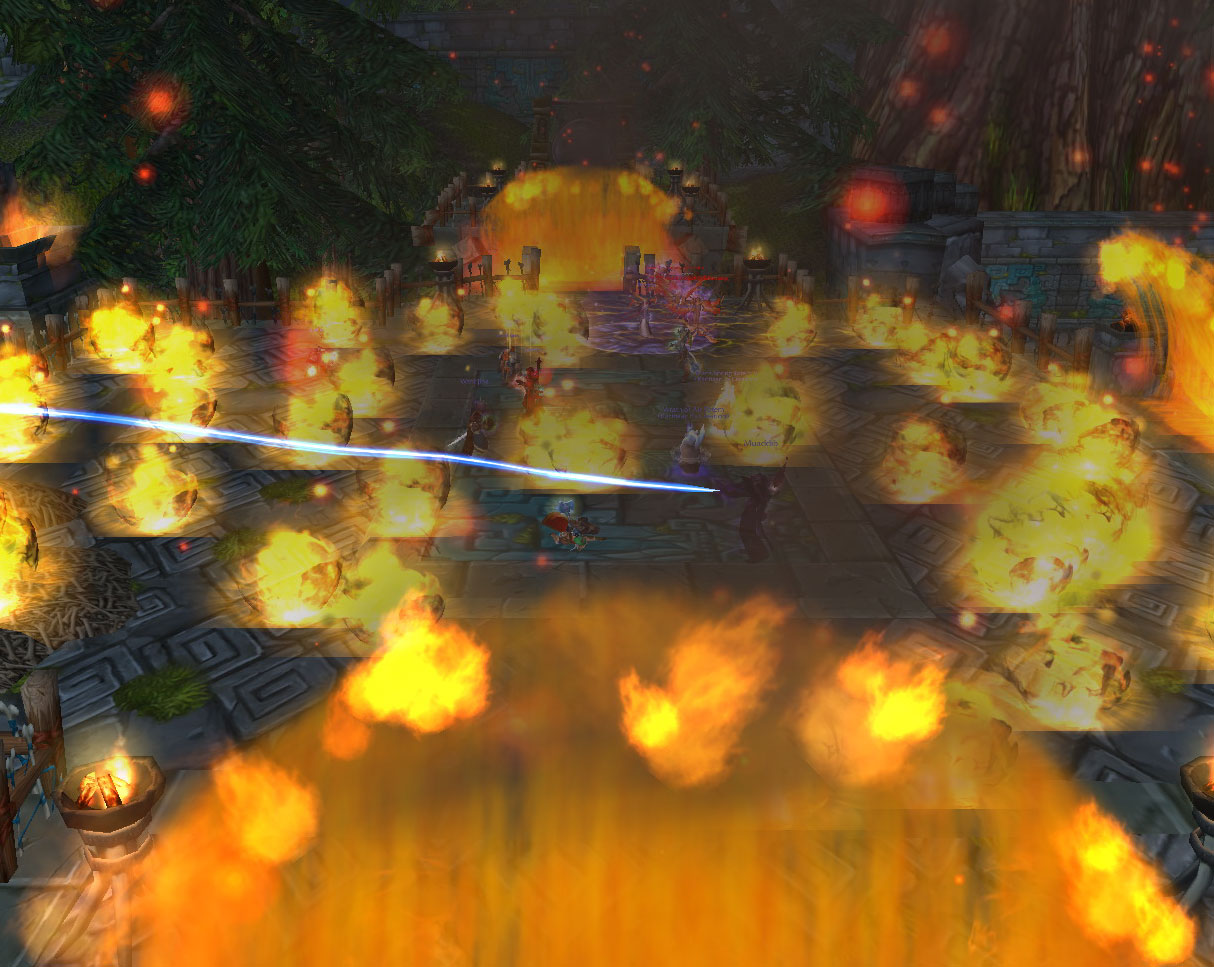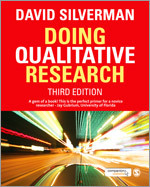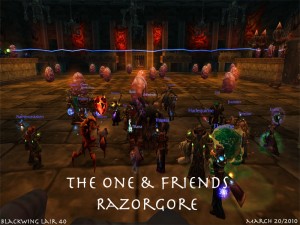Chapter 2 of David Silverman’s Doing Qualitative Research: A Practical Handbook (2010, p.16) asks students to consider why they believe a qualitative approach is appropriate for their possible research topics. In fact, I had not initially considered a qualitative approach at all. With my background in artificial intelligence, software engineering, and information retrieval, I was tending towards quantitative methodologies. Information retrieval is very much about calculations and measurement, so that was a natural fit. Wikipedia (2010) describes the qualitative method as one that “investigates the why and how of decision making, not just what, where, when.”
-
 0 comments
0 comments -

Image: Elsheindra and Team Pink tackle the Dragonhawk Boss in Zul’Aman back in 2008. As a healer, Elsheindra has to make difficult decisions about who will live and who will die, in her role as main healer. Being a researcher and maintaining anonymity is, I’ve discovered, a lot easier.Back in April, I posted my first preliminary study to look at motivation, community formation, and learning in World of Warcraft. When I was crafting my ethics approval for that study and future studies, I was very concerned with maintaining the privacy of the individuals participating. The first survey was designed specifically to not require any personally identifiable information, although participants did have the option of giving an e-mail address if they wanted to participate in future studies or if they did not mind being contacted for any follow-up questions.
A problem arises, however, in following participants across multiple studies. This is somewhat related to longitudinal studies where repeated observations are collected over long periods of time from the same participants. The purpose of such studies is to help distinguish actual effects from short-term causes. However, longitudinal studies aren’t the only time researchers may want to track participants across time and across multiple studies. That would also be useful to help me build a more complex, detailed picture of participants, even though I intend to be asking different questions in different surveys.
-
10
Jun 10When I last saw J, my supervisor, we were disagreeing about how to do the motivational essay coding for my first World of Warcraft survey.. My plan was to go through the essays first to come up with some themes. Then Basil and I would independently code them for theme. My reasoning was I wanted the coding to be free from subjective bias. If two of us agreed independently, then that would be better than just my assessment of the data. J. thought it was unlikely Basil and I would agree, so she set me the “Great Date Night Experiment.” In this experiment, Basil, my partner, and I would sit down on “date night” and test out my theory on a small scale. Basil would read one essay and summarize the main themes or ideas he thought were represented in the essay. I would independently do the same. Then I would report back to J.
-
I’m now in week two of my first survey into learning, communities of practice, and World of Warcraft in support of my doctorate. The first part of the survey is collecting some in-game demographic details, such as how long people have played, what their first character was, favourite professions, etc. The meat of the survey, however, is a short answer question about why people play World of Warcraft.
I am still looking for additional responses and the survey is scheduled to close at the end of this weekend (April 18th). If you play World of Warcraft or know other players, I would be grateful if you could encourage them to visit the survey information page and participate. On completion, participants will be given a code to enter a draw for three Blizzard store pets as prizes.
Tweet, ask in guild, ask at university, or poke your workmates to pass the word along. Just remember that it’s only open to those 18 years or older as I’m interested in examining adults and learning and there are restrictions on participation in things by those younger than 18.
Thanks!









